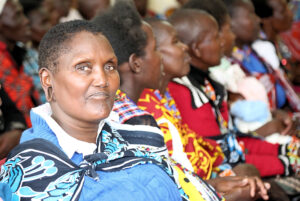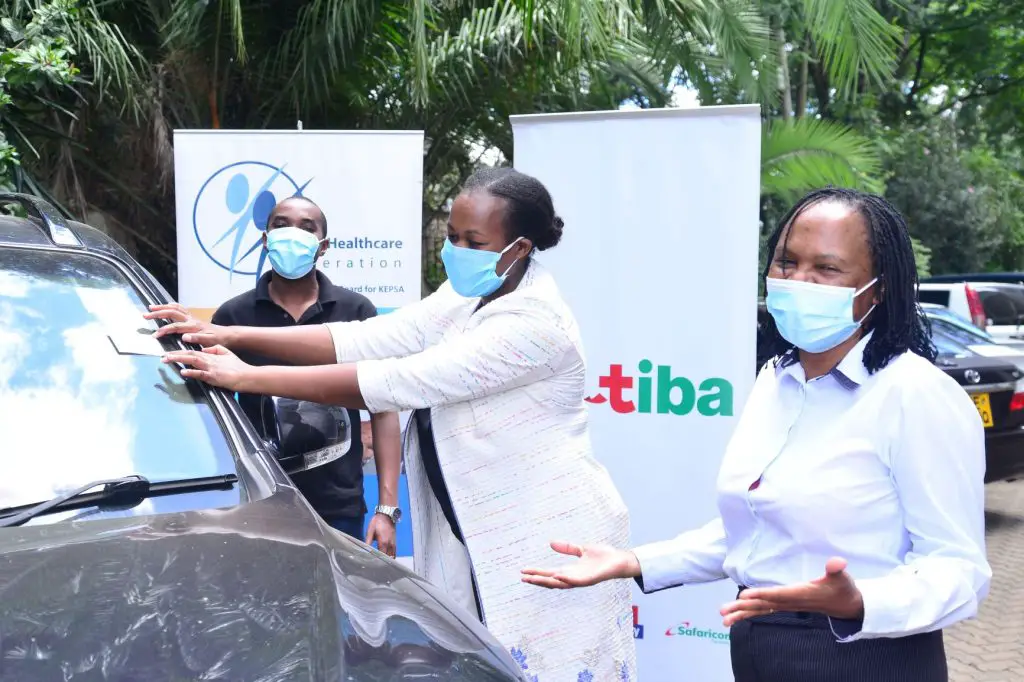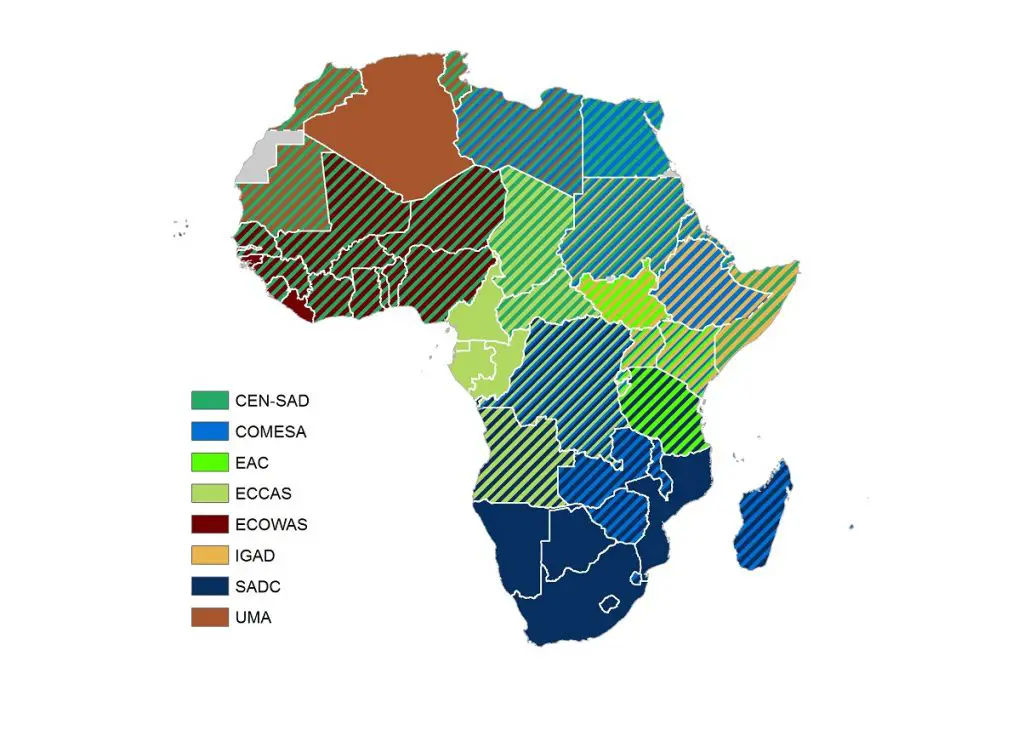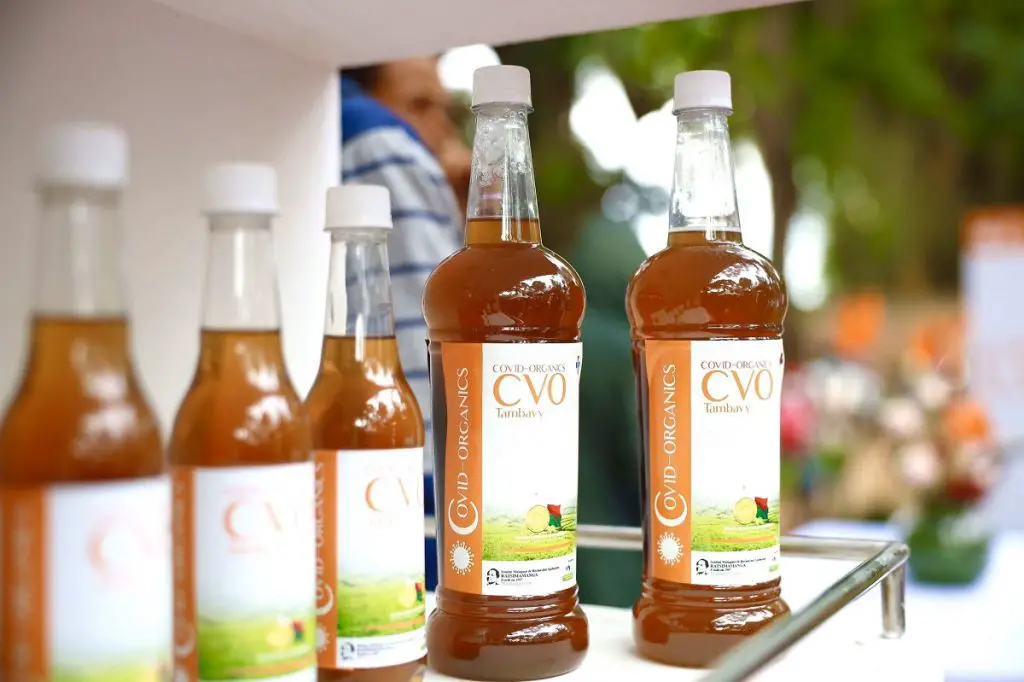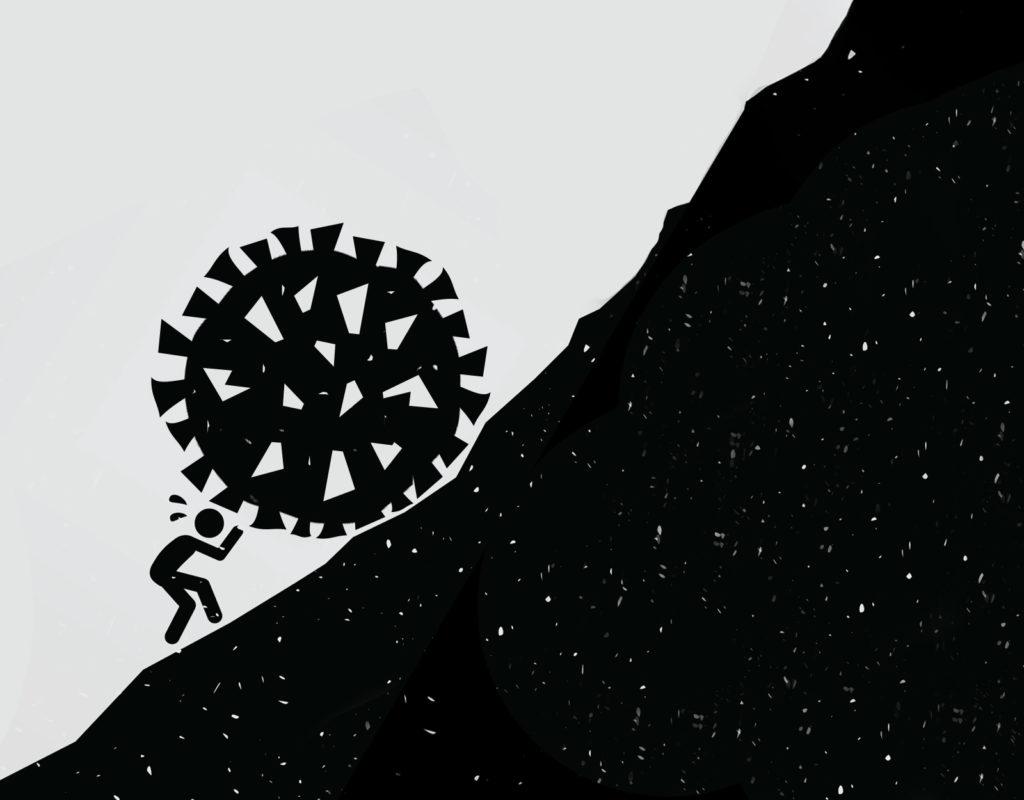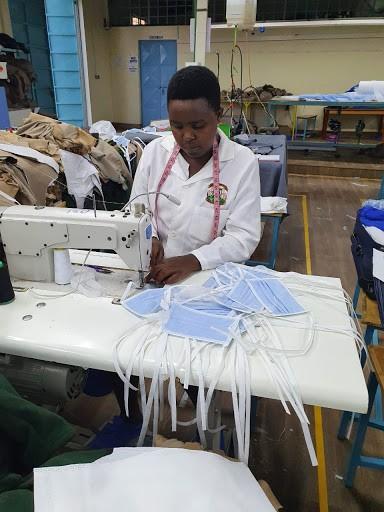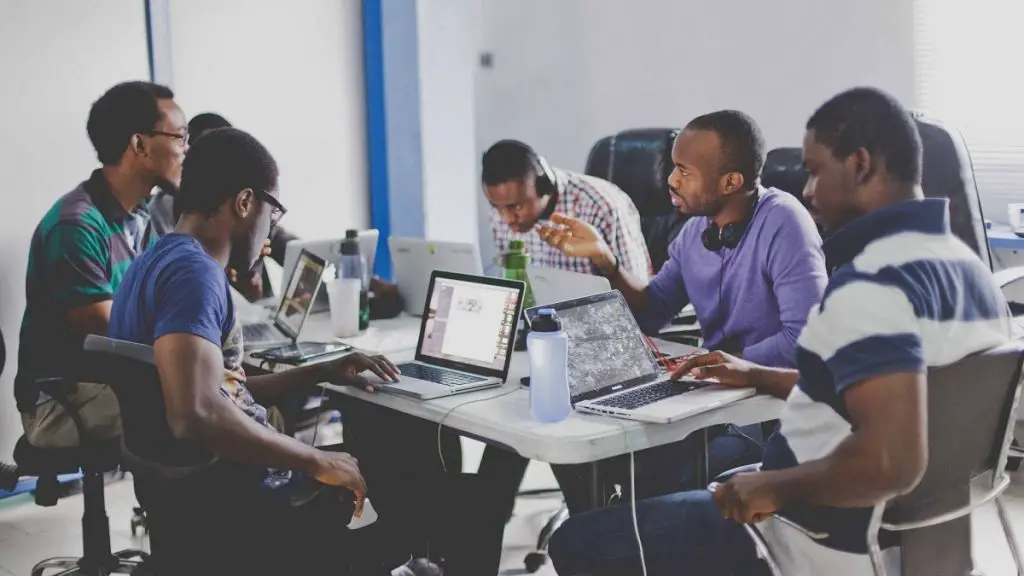- Family planning drive in Kenya gets 450,000 self-injectable contraceptive doses from UK
- AfDB commits $2 billion to revolutionise clean cooking in Africa, save forests
- The harsh realities of family laws for African women revealed
- Kenyan home buyers shift preferences, seek affordable housing despite market downturn
- How startup Yeeo is shaping the future of business contacts with eco-friendly innovation
- Stakeholders in Nairobi seek to unlock Kenya’s green jobs potential
- Alarming surge in online child exploitation sweeps Africa
- Beijing tightens China-Africa grip as trade rivals US, Russia seek bigger slice
Browsing: COVID-19
M-TIBA, the health financing technology platform based in Kenya and the Kenya Healthcare Federation (KHF) have announced a new SMS-based service to help the security agencies identify essential healthcare service workers in the country. This is in response to these workers facing travel restrictions during curfew hours and movements into or out of counties with restricted movements. Security personnel is also increasingly concerned about the authenticity of paper-based passes being used to identify essential service providers.
M-TIBA has developed a verification platform for security officers to check that people are healthcare workers providing essential services. They can do this by sending a free SMS with an ID number of the healthcare worker to 20253. They will receive a confirmation message from M-TIBA authenticating the ID – and vehicle registration details, when available.
This will help KHF members, who are providers of gazetted essential services, to carry on with their official …
Africa will require stimulus worth US$110-US$150 billion to provide social and economic relief to its economies.…
The African Union says it is in discussion with the Republic of Madagascar with a view to obtaining technical data regarding the safety and efficiency of the herbal remedy.…
The President of Tanzania, H.E. John Pombe Magufuli has raised a storm on the social media after questioning some of the tests conducted on Tanzanian patients, which he attributes to either poor workmanship in the National Referral Laboratory or faulty kits.
In a televised speech, the Tanzanian leader narrated how his security agents submitted different samples from domestic and wild animals as well as fruits and even natural oil, all disguised as human samples with queer results of goat, pawpaw and quail all returning positive for Covid-19.
Though this has become an online buzz, this has also raised critical questions on the validity of tests currently being used in Africa, mainly from China. There have been fears of the tests returning an invalid result painting a wrong picture of the pandemic.
African countries have been heavily relying on donated kits with Chinese billionaire Jack Ma sending in over one million …
Even as share values for US futures on crude oil prices hit rock bottom, spotting a worrisome negative figure (-4.0 USD) there are still several functions that claim the crush of oil prices in the US and around the World will have no effect on stock shares in Tanzania, the numbers are giving a different story. Lets start with the optimistic side.
As US futures for oil price continue to free fall some are of the view that it will have no effect on Tanzania’s sole bourse, the Dar es Salaam Stock Exchange (DSE). Why? Well, simple, most African countries, Tanzania included, are oil importers so, the fall of oil prices will mean positive balance of payments.
In turn, favourable balance of payment means good exchange rates of the shilling for the dollar, again another plus for the shilling. Good exchange rates translates to higher value of the shilling and …
The East African economies were looking forward to 2020 with a lot of optimism. While there were issues with inflation and money circulation in Kenya, projections still showed the country would comfortably manage a growth range of above 5 percent. All the other eastern African countries were projected to do even much better with Rwanda leading in terms of growth averaging 7 percent. Then, Coronavirus happened. This has reversed the projections with fear that the region with the highest growth rate in Africa will stagnate. This has already been felt with stock markets across the region registering massive capital loss and foreign investors shying away from the market. The region is also looking at ways of sustaining their economies amid lockdowns in Uganda and Rwanda, partial lockdown in Kenya and a non-restrained movement approach in Tanzania.
The International Monetary Fund’s (IMF) latest World Economic Outlook projections for 2020 pegs Kenya …
At the height of Kenya’s former president Daniel arap Moi’s rule, an idea was conceived that Kenya would stop over-reliance on foreign imports especially motor vehicles and instead develop local capacity to the manufacturing of cars. In the idea, Moi set up Nyayo Motor Corporation, a state-backed entity that was granted the task of developing Kenya’s first made car. As fate would have it, the development of Nyayo Pioneer car flopped and the idea was abandoned.
A state-backed ego and poor planning, disregard of engineering, poor funding and poor workmanship are some of the reasons that are blamed for the collapse of President Moi’s pet project. What has followed over the decades is a dramatic collapse of almost all industries in the country especially those that had state backing. These included the clothing and apparel industries, food and beverage processing companies, as well as engineering projects and left everything into …
Panellists said that Africa needs broadband, faster, cheaper and expanded to the last mile of the continent’s populations.…
Members of Parliament in Tanzania are urging the government to consider giving tax breaks to businesses in a bid to help them stay afloat.
Alternatively, the government is encouraged, through the Central Bank, to scrap interest on loans so that borrowers do not fall into default.
At the moment, despite the global slowdown, businesses are still operational but they are operating way below their year revenue projections. Already, at the start of the second quarter, the country is facing potentially huge loan defaults by both large corporations as well as small and medium sized companies.
Big businesses are now turning to the government to intervene. While the Central Bank, the Bank of Tanzania (BoT) has already issued a stimulus package for commercial banks, the Tanzania Private Sector Foundation (TPSF) is working on an arrangement to save large borrowers from mega defaults that would in effect ripple throughout the economy.
Commercial …
In the wake of Covid-19, the co-operative sector which is a key driver in Kenya’s economy has not been spared in experiencing the devastating shock waves caused by the pandemic that continues to ravage the world at an alarming rate. Savings and credit co-operatives (saccos) make up about 45% of Kenya’s Gross Domestic Product (GDP), with an asset base of over Ksh1 trillion, mobilized savings and deposits in excess of Ksh732 billion and a loan portfolio of Ksh700 billion. In addition, the sector employs more than 500,000 people whilst necessitating self-employment especially through lending.
The Ministry of Co-operative Development estimates that 80% of Kenya’s population derives its income either directly or indirectly through co-operative activities. In a recent report by the World Council of Credit Unions (WOCCU) Kenya has the largest co-operative movement in Africa and is ranked in 7th position globally, making it very pertinent in the economic …


